To provide the best experiences, we use technologies like cookies to store and/or access device information. Consenting to these technologies will allow us to process data such as browsing behaviour or unique IDs on this site. Not consenting or withdrawing consent, may adversely affect certain features and functions.
The technical storage or access is strictly necessary for the legitimate purpose of enabling the use of a specific service explicitly requested by the subscriber or user, or for the sole purpose of carrying out the transmission of a communication over an electronic communications network.
The technical storage or access is necessary for the legitimate purpose of storing preferences that are not requested by the subscriber or user.
The technical storage or access that is used exclusively for statistical purposes.
The technical storage or access that is used exclusively for anonymous statistical purposes. Without a subpoena, voluntary compliance on the part of your Internet Service Provider, or additional records from a third party, information stored or retrieved for this purpose alone cannot usually be used to identify you.
The technical storage or access is required to create user profiles to send advertising, or to track the user on a website or across several websites for similar marketing purposes.
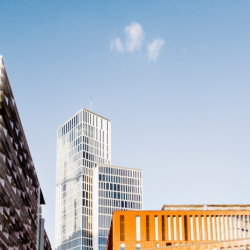 The real estate industry needs to transform to serve the needs of people and cities in the next decade, according to a new report released by the World Economic Forum. COVID-19 has revealed vulnerabilities throughout the real estate industry, ranging from indoor air quality problems to excess supply and accelerated underlying demand drivers, which need to be addressed for buildings and cities to be healthier, prosperous and more sustainable. (more…)
The real estate industry needs to transform to serve the needs of people and cities in the next decade, according to a new report released by the World Economic Forum. COVID-19 has revealed vulnerabilities throughout the real estate industry, ranging from indoor air quality problems to excess supply and accelerated underlying demand drivers, which need to be addressed for buildings and cities to be healthier, prosperous and more sustainable. (more…)








 New research by employee engagement and culture app,
New research by employee engagement and culture app, 
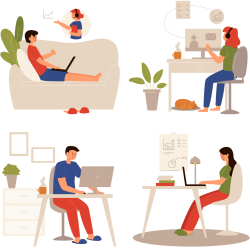
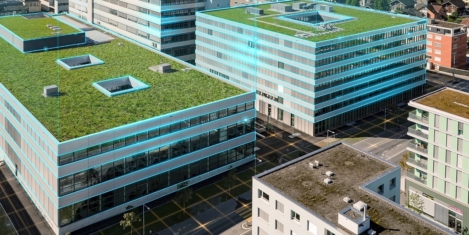
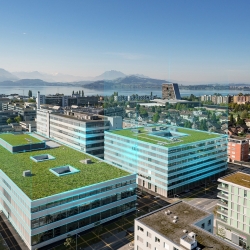
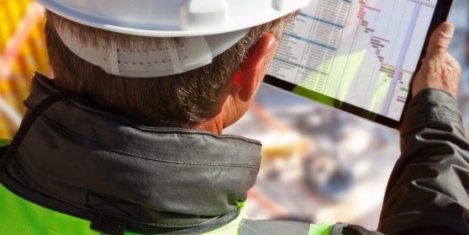
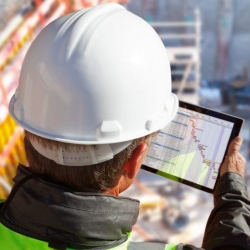 New office developments and major refurbishments in the UK will be able to formally register under the Design for Performance framework. The framework claims to help developers ensure that projects deliver against their design intent and overcome the well-evidenced performance gap between design and operation. This is achieved by requiring project teams to target an operational
New office developments and major refurbishments in the UK will be able to formally register under the Design for Performance framework. The framework claims to help developers ensure that projects deliver against their design intent and overcome the well-evidenced performance gap between design and operation. This is achieved by requiring project teams to target an operational 
 Many of us are looking forward to a summer of relative freedom, with road-mapped milestones that will grant us more opportunities to see our friends and family. But we’ll be carrying the effects of months of isolation into those meetings, including a sense that our social skills will need dusting off, and our wits will need sharpening. The mental effects of lockdown have been profound. Social isolation has been shown to cause people’s
Many of us are looking forward to a summer of relative freedom, with road-mapped milestones that will grant us more opportunities to see our friends and family. But we’ll be carrying the effects of months of isolation into those meetings, including a sense that our social skills will need dusting off, and our wits will need sharpening. The mental effects of lockdown have been profound. Social isolation has been shown to cause people’s 
 The
The 
 The UK government has had to make many changes to its healthcare system in the last year to stop the spread of coronavirus, including asking people to stay home when possible, prioritising higher-risk patients and putting many routine appointments on pause throughout the pandemic.
The UK government has had to make many changes to its healthcare system in the last year to stop the spread of coronavirus, including asking people to stay home when possible, prioritising higher-risk patients and putting many routine appointments on pause throughout the pandemic. 
 New research by environmental charity
New research by environmental charity 
 One of the most significant consequences of the 2008 economic crash was a remarkable shift
One of the most significant consequences of the 2008 economic crash was a remarkable shift 








April 1, 2021
Finding a new sense of purpose in the way we all do business
by David Lineen • Comment, Environment, Property, Wellbeing